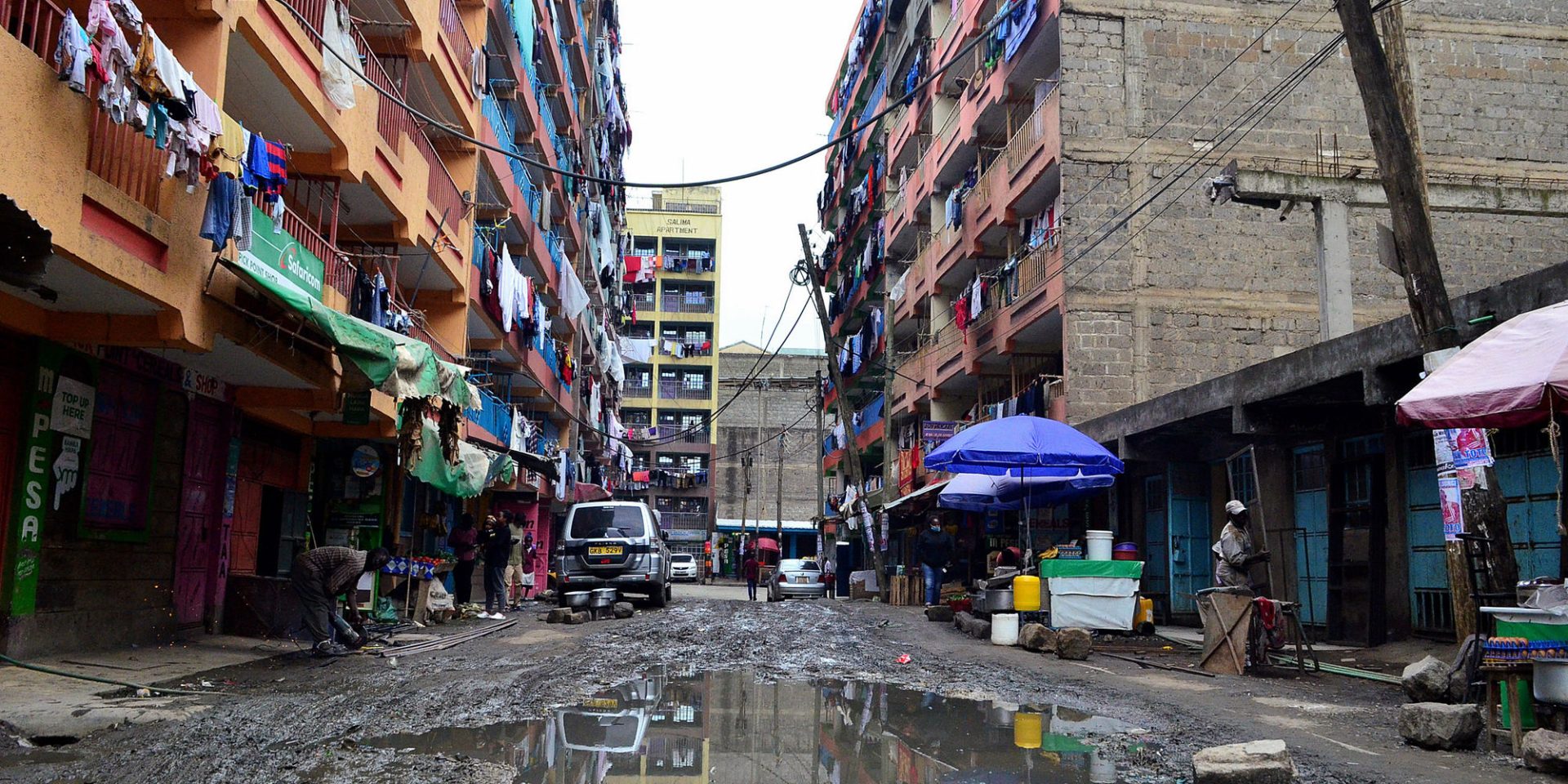
Government’s often have building codes.
These codes and laws decided which places can be built, which building (how high for storey buildings), and what forms a city.
Since Jubilee came to power, they watered down the Urban Laws for cities to include places with fewer populations.
Under the new law, Urban Areas and Cities ACT, the number of the resident population required for a city has been reduced by half from 500,000 to 250,000 people. This means underdeveloped and backward places like Eldoret Town can become cities.
This is the same backwardness that has informed the declassification of Karen, Nairobi from an affluent, low-storey housing estate to one that will soon rival Pipeline in terms of tallet residential buildings.
The Chinese have loaned this country and now do whatever they want.
Why didn’t they chose Inner Eastlands areas of Bahati, Kaloleni, Makongeni etc for such developments?
The backstory
A Chinese company has won a court fight to develop a commercial engineering office complex in high-end Karen, Nairobi.
Kibwezi MP Partrick Musimba wanted the Environment and Lands court to stop the China Railways No 10 Engineering Group Co Ltd from converting the property situated along Acacia Drive Karen from residential to commercial status.
He said the offices were likely to disturb the peace of Karen residents, hurt property prices where an acre goes for Sh60 million and pose a security risk.
But Justice Samuel Okong’o dismissed the application, saying it had no merit and that the orders sought by the lawmaker if granted would be in vain.
The judge noted that the Chinese firm in its response had said that the construction works on the suit property had been completed.
In an affidavit sworn by Liu De Yong and Victoria Morena, the Chinese firm indicated that the injunctive order sought by the MP to restrain construction on the suit property had been overtaken by events.
“This averment was not controverted by the plaintiff. If the construction works have been completed, then there is nothing to stop through the injunction sought by the plaintiff,” said the judge.
In his case, the MP had argued that the development was in direct contravention of the Nairobi City County Planning and Zonal Policy.
He told the court that his property and the land under development are adjacent to each other. He said the Physical Development Plan for the area provides that it is strictly for residential use.
In his court papers, Mr Musimba said Karen & Langata District Association which represents the interest of the residents had also lodged an objection with the county government.
They were objecting to an application by the Chinese firm for change of user from residential to commercial as well as extension of use of the suit property to include offices.
Mr Musimba said following the said objections, on May 10, 2018 the county government informed the residents that the Chinese firm had abandoned its application for change of user and that it would only pursue approval of plans for its modern house.
However, in May 2019, he noticed that the building that the Chinese firm was putting up on the suit property started to resemble a commercial property rather than a residential one.
City Hall has in recent years opened up city top estates to high-rise office blocks like Kileleshwa, Kilimani and Lavington amid opposition from residents.
Nairobi’s Karen suburb offers the lowest price for an acre of land among high-end estates, said real estate consultancy firm, HassConsult, in 2019.
The average price per acre there was Sh62.2 million against Sh84.7 million in Runda and Sh90.9 million in Kitisuru.
By contrast, land in Muthaiga is the most expensive at Sh176.1 million, followed by Spring Valley (Sh168.3 million) and Sh105.8 million in Nyari on Limuru Road.
Given the high land prices in these areas – with the exception of Karen – experts say that for these suburbs to experience a significant increase in prices, zoning regulations need to be relaxed to “allow for more space for people to live and thus more value can be derived from the land”.
This is reflected in the cost of land in places like Parklands, Kileleshwa and Lavington where the zoning rules have been relaxed. An acre goes for Sh310 million in Kileleshwa and Sh237 million in Lavington.
But Tigoni in Kiambu and Miotoni in Karen, Nairobi, are emerging as the most sought-after neighbourhoods among Kenya’s super-rich, a new wealth report reveals.
Knight Frank in its latest wealth report reckons that the need for privacy, more outdoor space and relatively lower prices have made the two locations attractive.
Traditionally high-end addresses like Kileleshwa, Kitisuru and Runda are becoming less attractive on fears of congestion.




















